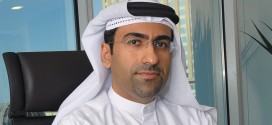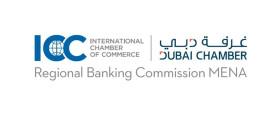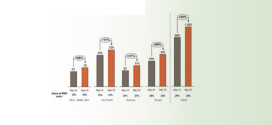The UK’s Baring Asset Management is launching a new fund targeting the Middle East and North Africa now that previously strict rules governing foreign investment and ownership in many of those markets are being relaxed.
Barings, which has €31.8bn under management and almost half of this figure invested in emerging markets, opened its MENA fund to new investors in March.
The fund, which has no set limit, will invest mostly in financials but will also target opportunities in the telecommunications, infrastructure and utilities sectors.
The launch of the fund coincides with healthy demand from investors chasing growth opportunities outside developed economies. A total of 32 MENA funds launched last year, according to Barings, compared to just six three years ago.
Among the big-name financial institutions to target these markets in 2009 were HS BC Asset Management – which last October launched a MENA equities fund that invests in companies with a market cap of more than €36.5m – and Credit Suisse, which had launched a similar fund in July.
Saudi Arabia is planning to reduce the need for outside investors to team up with local partners before investing in companies in the country. This will further enhance the kingdom’s business reputation. Last year the World Bank ranked Saudi Arabia at 13 in its list of the easiest countries to do business in; in 2005 it was 65th.
Elsewhere in the region, the UAE ’s Ministry of Economy is proposing to change the rules so that foreign investors can own up to 100
per cent of domestic companies’ shares. At present, that applies only to companies located in one of the country’s free zones.
Fund manager Ghadir Abu Leil-Cooper, who is the lead manager on the new Barings fund, said that because of the young populations
in emerging markets investment was “not speculative but imperative” for job creation and generating economic growth.
 Cash And Trade Magazine For Cash and Trade professionals in the Middle East
Cash And Trade Magazine For Cash and Trade professionals in the Middle East




